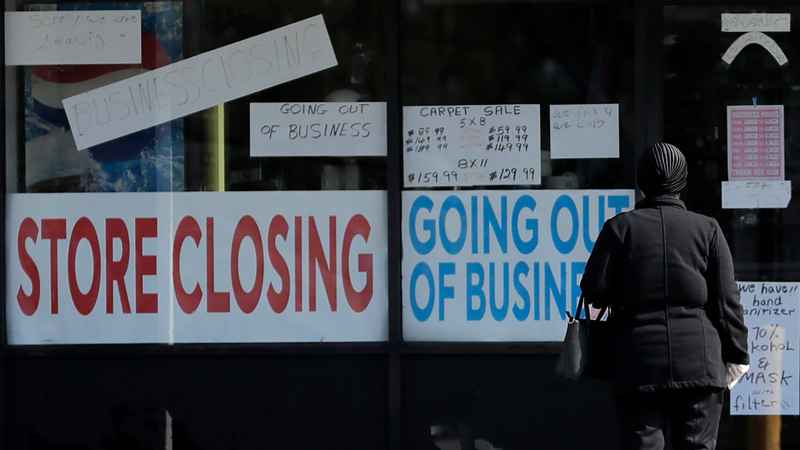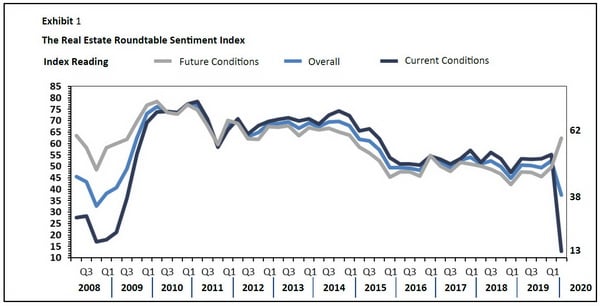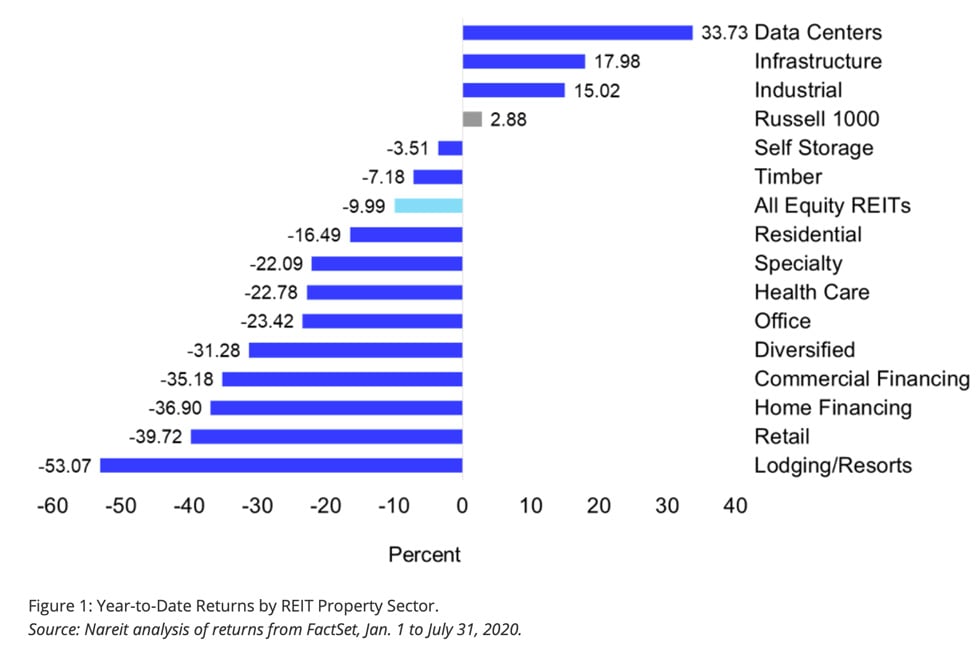Financial incumbents may face a harsh reality soon, as a commercial real estate crisis has threatened the profits from America’s largest banks. A number of reports show that banks with a large amount of commercial real estate in their portfolios may see a significant fallout in the next few months.
Just recently PWC’s real estate practice published a report called “The 2021 Emerging Trends,” which shows city ranks have changed a great deal since the coronavirus outbreak. For instance, for a number of years, the city of Seattle was a top ten city for real-estate investment but after Covid-19, it dropped to No. 34 in terms of ratings with other American cities.
One of the biggest issues major cities like Seattle, Boston, New York, L.A., Atlanta, and many more cities face, is the mounting commercial real estate (CRE) losses looming on the horizon.

For instance, on November 11, 2020, columnist David J. Lynch published an article about how the current CRE market should frighten financial institutions like banks. The editorial explains how the Manhattan-based Signature Bank’s third-quarter earnings had shown “60 percent of its portfolio tied up in commercial real estate.”

Lynch further explains that lending funds to businesses like hotels, landlords, and local shops used to be something banks could count on but in cities like New York, these places are now a “ghost town.”
Signature Bank is suffering badly from the fallout, as Lynch further states:
The bank’s bad-loan write-offs, though still modest, are creeping higher. Despite years of steady profits, investors have punished the stock, which even after a recent rebound has lost 27 percent of its value this year.
Basically, commercial real estate or CRE is a type of property that is leveraged exclusively for business purposes. An extremely large portion of the world’s CRE is leased to those who generate an income but due to Covid-19 and the government’s response to the virus, some people leasing CRE cannot generate income.
The CRE crisis looming in the United States is happening in nearly every state of the nation. On November 16, 2020, Jdsupra published a report that covers Delaware and the horrible effects the response to Covid-19 has had on commercial real estate tenants and landlords.

“The real estate industry in Delaware experienced dramatic changes over the past eight months resulting from the Covid-19 pandemic— Without a regular income stream, many commercial tenants cannot meet their monthly rent obligations,” Jdsupra contributor John Newcomer, Jr writes. “Facing diminished monthly rental income, some landlords are left with a cash shortfall that affects their ability to make mortgage payments to their banks.”
Meanwhile, the Federal eviction ban enacted by the CDC will be lifted at the end of the year and skeptics think it could trigger a wake of delinquencies. Local authorities from hard-hit CRE markets like New York and California are trying to curb the fallout by adding further regulations.

For instance, California will continue to limit annual property tax increases for CRE markets. Moreover, analysts say no matter who is in office come January, no U.S. President will be able to affect returns on CRE. According to a recently published report from Cushman & Wakefield, real-estate downturns are guided by intense recessions no matter which political party is in charge of the United States.
“Rather than elections,” stressed the Cushman & Wakefield report, “the real estate cycle, the economy, interest rates, COVID-19, geopolitical events, and long-term growth drivers (like demographics and technological change) are the areas to focus on in determining leasing fundamentals and property values.”
Meanwhile, besides CRE and residential real estate, the investment assets gold and bitcoin have seen different price changes in recent days. For instance, after the Moderna vaccine announcement on Monday, spot gold prices dropped 0.40% and one ounce of fine gold is trading for $1,888 per unit. Gold also staggered in value when Pfizer announced a vaccine for Covid-19 as well, but crypto-asset markets have done the exact opposite.
For instance, after the Moderna vaccine announcement, bitcoin (BTC) touched a high of $16,850 on the exchange Bitstamp rising 5.6%. Ethereum prices jumped 3.39% on Monday touching a high of $464 during Monday’s afternoon trading sessions. The entire crypto market economy is still nearing a half of a trillion dollars at $464 billion which is up 2.6% on Monday.
What do you think about the looming commercial real estate crisis in the U.S.? Let us know what you think about this subject in the comments section below.
Image Credits: Shutterstock, Pixabay, Wiki Commons, Green Street Advisors, Bitcoin Wisdom, Factset, PWC,
Disclaimer: This article is for informational purposes only. It is not a direct offer or solicitation of an offer to buy or sell, or a recommendation or endorsement of any products, services, or companies. Bitcoin.com does not provide investment, tax, legal, or accounting advice. Neither the company nor the author is responsible, directly or indirectly, for any damage or loss caused or alleged to be caused by or in connection with the use of or reliance on any content, goods or services mentioned in this article.

